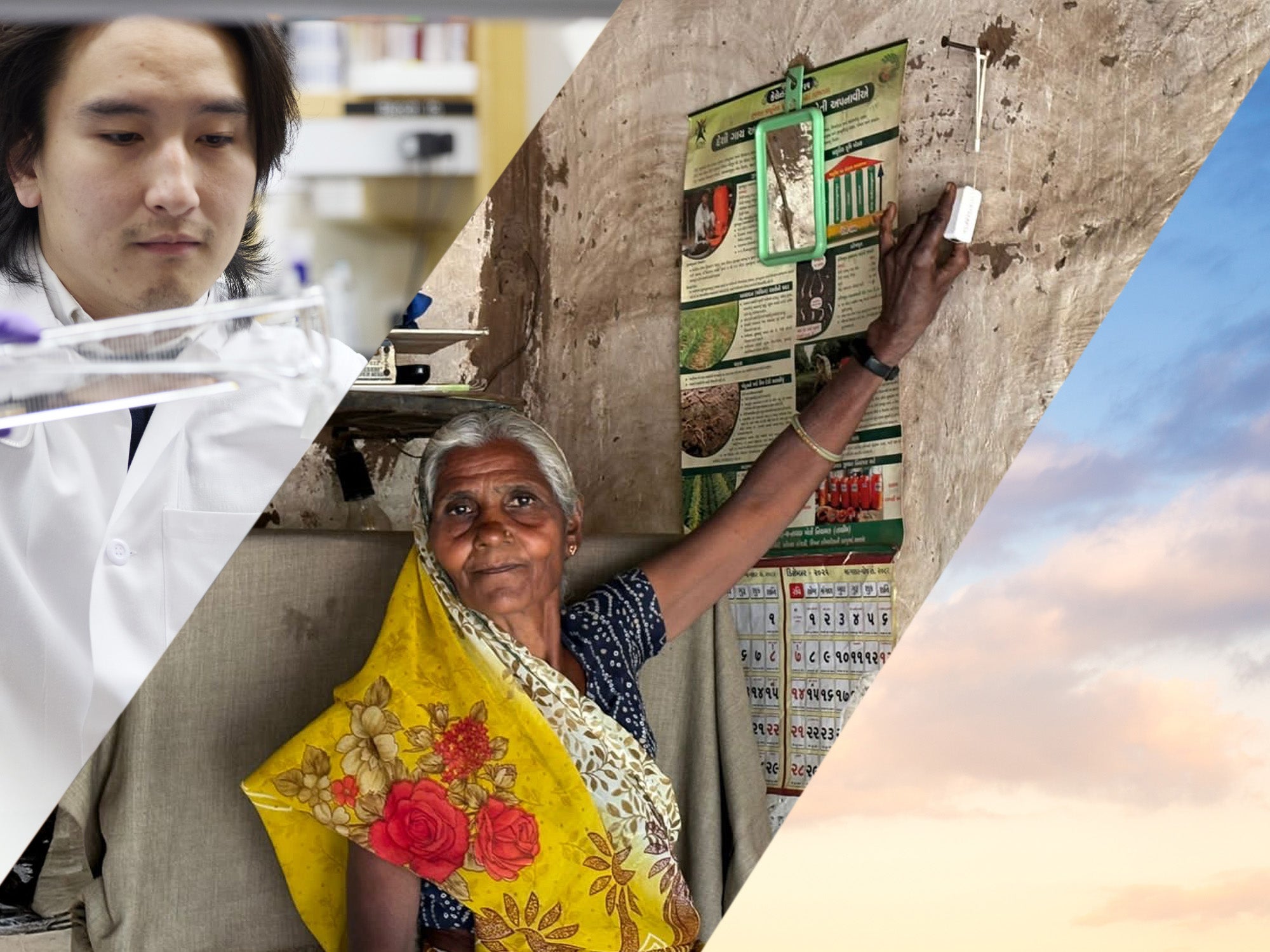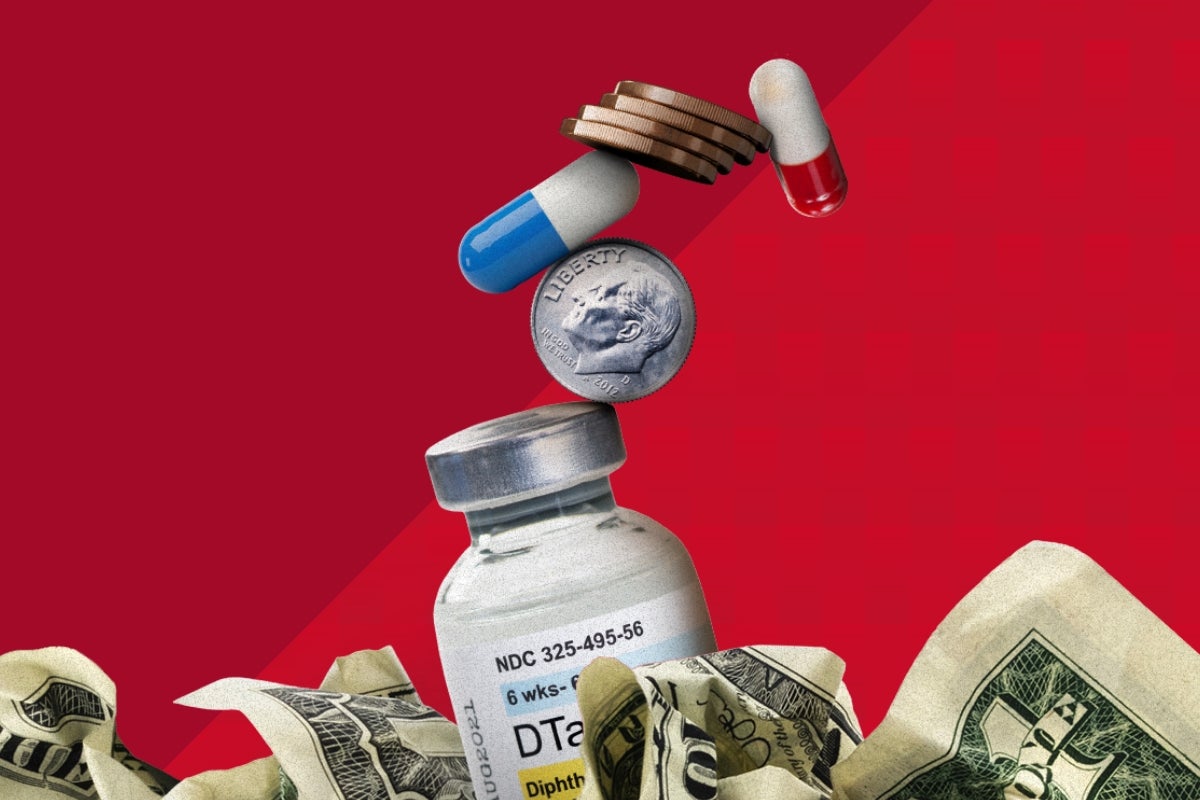HPRC Quarterly Highlights: Q3 2024

This quarter, we published two new reports modeling a sugary drink excise tax in Massachusetts as well as the impact on the Boston population, published new peer-reviewed research, refreshed training materials and resources on the OSNAP.org site, and began a new cohort of Leaders in Health, along with a lively reunion for Leaders in Health alumni. Below we highlight our accomplishments from Q3, categorized within the four aims in which our Center is focused.
Collaborate with Partners to Identify Evidence-Based Interventions
Examining the Cost-Effectiveness and Health Impacts of a Sugary Drink Excise Tax in Massachusetts
This quarter, the CHOICES team was excited to publish two new reports on the CHOICES website, which detail findings from modeling a sugary drink excise tax in Massachusetts and analyze the impact on both the state as a whole and on the Boston population.
CHOICES cost-effectiveness analysis compared the costs and outcomes of implementing this tax with the costs and outcomes expected if the tax were not implemented over 10 years (2023-2032). This tax on distributors is projected to be cost-saving, decrease sugary drink consumption, prevent over 62,000 of cases of obesity statewide, and save $937 million in health care costs statewide. It is also projected that Black and Hispanic/Latinx Massachusetts residents will experience a greater than average reduction in obesity levels after the tax is implemented.
The CHOICES Community of Practice also hosted a coffee chat on Thursday, September 26th focused on the progressive health impacts of a sugary drink excise tax, highlighting recent findings from modeling a statewide tax in Massachusetts. We had two wonderful guest speakers who both shared important insight: Sara Bleich, Professor of Public Health Policy at the Harvard T.H. Chan School of Public Health and inaugural Vice Provost for Special Projects at Harvard University and Steve Gortmaker, Professor of the Practice of Health Sociology, Director of the Prevention Research Center on Nutrition and Physical Activity, and Director and Co-Principal Investigator of the CHOICES Project at the Harvard T.H. Chan School of Public Health.
This coffee chat was part of our monthly CHOICES Community of Practice coffee chat series, which are tailored for public health professionals dedicated to promoting healthy weight, healthy eating, and active living. These sessions serve as valuable opportunities to learn and connect with others.
Promote Healthy Weight, Healthy Eating, & Active Living
New Peer-Reviewed Publication Assesses the Cost-Effectiveness of a Program to Promote Healthy Weight Among Children at Community Health Centers
This study, published in September in Obesity (Silver Spring), assessed the cost-effectiveness of a Healthy Weight Clinic program aimed at helping children between the ages of 6 and 12 with overweight or obesity at community health centers. Over 10 years, the program could reach 888,000 children, improve health outcomes, and save an estimated $14.6 million in health care costs – with a relatively low cost per child. This program could also reduce obesity among Hispanic/Latino and Black children. Overall, the program was found to be both cost-effective and effective in promoting healthy child weight.
- Citation: Cost-effectiveness of a primary care-based Healthy Weight Clinic compared with usual care. (Sharifi M, Fiechtner LG, Barrett JL, O’Connor G, Perkins M, Reiner JF, Luo M, Taveras EM, Gortmaker SL, Obesity, September 2024)
Offer Resources & Training Opportunities
New Resources
We continue to share a variety of new resources and peer-reviewed publications that align with our Center’s Priority Areas (healthy eating, active living, sugary drinks, drinking water access and intake, and unhealthy food and beverage marketing). This quarter, we published and launched the following:
CHOICES Sugary Drink Excise Tax Reports: Massachusetts & Boston, MA
CHOICES cost-effectiveness analysis compared the costs and outcomes of implementing a sugary drink excise tax on sugary drink distributors with the costs and outcomes expected if the tax were not implemented over 10 years (2023-2032).
Out-of-School Nutrition and Physical Activity (OSNAP) Initiative: Refreshed Resources, Better Support for OST Providers
The HPRC team recently updated the OSNAP website and associated materials and resources to better reflect today’s best practices and guidelines for nutrition and physical activity. Updated for both content and design, these resources are designed to help afterschool programs thrive and assist afterschool providers in offering children opportunities to be physically active and eat healthy during afterschool time.
Other Key New Resources
- Cost-effectiveness of a primary care-based Healthy Weight Clinic compared with usual care. (Sharifi M, Fiechtner LG, Barrett JL, O’Connor G, Perkins M, Reiner JF, Luo M, Taveras EM, Gortmaker SL, Obesity, September 2024) | Peer-Reviewed Publications
- Strategy Profile: Increased Access to Adolescent Bariatric Surgery | Tools & Guides
Build Capacity for Conducting Community-Engaged Research
2024 Leaders in Health Cohort & Lively Reunion!
The Leaders in Health (LIH) program strengthens community health initiatives through introductory training in public health research and science. The goal of LIH is to build the capacity of our community partners by providing participants with an introduction to the fundamentals of community-based participatory research, program planning, and evaluation. We’re excited to announce our 2024 cohort members!
- Vanessa Calixto, Regional Environmental Council of Central MA
- Norah Ismail, Cambridge Public Health Department
- Staci Jasin, COGDesign
- Collin Knight, Live Like a Local Tours
- Zachary McCullouch, Roxbury Tenants of Harvard
- Stephanie Mesa, UMass Memorial Medical School
- Melvin Morales, Holyoke Community Health Center
- Kasey Owen, Cambridge Cambridge Public Health Department
- Laila Pearson, The American City Coalition
- Emily Shenk, Boston Public Health Commission
- Emily Sinsky, Boston Office of Food Justice
- Yuqi Wang, Boston Office of Human Services
- Derrick Winbush, Boston Healthcare for the Homeless
In addition, participants from past LIH cohorts gathered on September 19th at Nubian Markets in Boston for a reunion – a great time was had by all! Over 20 participants represented those from past cohorts from 2017 – 2023 as well as the current 2024 participants and students. Thanks to all who came, and see some highlights below!
I had a great time connecting with participants from the past and “future”. It was nice to find out that there was a participant there that was connected with my mom. I also had an opportunity to learn about the work that others were/are doing in the community. My hope is that we can stay in touch and possibly work together more in the future.
— Nieisha Deed, (2023 LIH cohort member)
Connecting in person after completing the program online was an incredible experience. It brought a new depth to the relationships we built virtually and reinforced the power of community. I look forward to many more reunions like this!
—Anaëlle Séïde, (2021 LIH cohort member)


